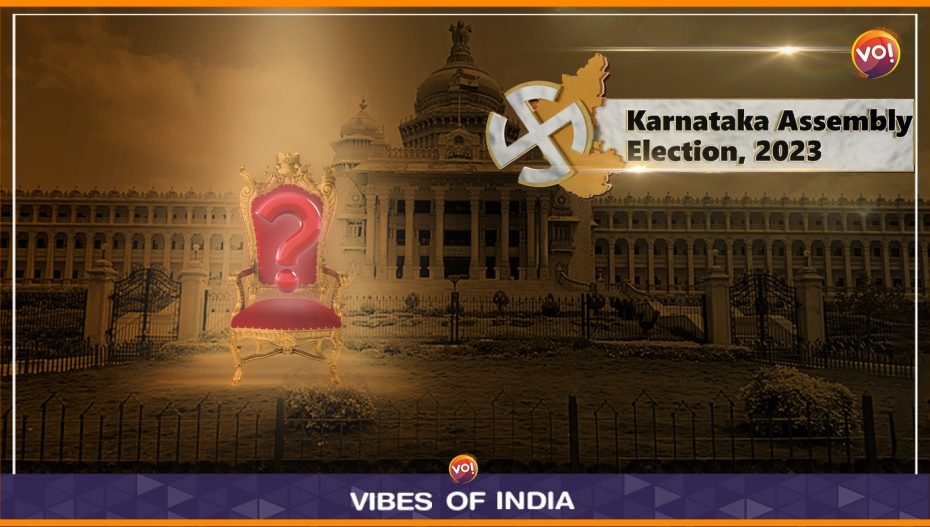Having won the elections with a comfortable majority, the Congress Party has now embarked on a tough and possibly prolonged negotiation for the post of Chief Minister in Karnataka. As a business journalist, I have had occasion to write several articles on the art of negotiation. Most of the principles that apply to business also apply to politics. Here are some points that the two contenders for the CM’s post, their newly elected supporters, and the arbitrators in the central Congress leadership, will have to keep in mind in the days ahead:
- Get the emotional issues out of the way: It is hard to negotiate when the parties concerned are emotionally charged and prone to breaking into tears during the process. Since the results, both the contenders have made highly emotional statements. DK Shivakumar, 62, has cases of money laundering and tax evasion lodged against him by the CBI, ED and IT department and has spent 30 days in jail. He feels he has been victimised by the BJP government at the centre and has spoken very emotionally about Sonia Gandhi visiting him in Delhi’s Tihar Jail to show her support. For his part, the 75-year-old CM Siddaramaiah has said this election will be his swan song and that he intends to retire from electoral politics. These issues will have to be addressed first, before negotiations can proceed logically.
- Gather intelligence about those you are negotiating with: This is important in business deals, especially in cross-border acquisitions, where the parties may have never met prior to the negotiation. Shivakumar and Siddaramaiah, on the other hand, are well known to each other. But the situation they find themselves in is entirely new and each of them must figure out what makes the other tick, what they value and how they perceive the issues at hand. In his book, Getting More: How to negotiate to achieve your goals in the real world, Professor Stuart Diamond of Wharton School of Business says, “People will not easily tell you their needs, but you must persist in asking. You need to research every aspect of the individual. It sometimes turns out that what the other person values highly would cost you little to provide.”
- Trade unequally: It sometimes happens that what is valuable to one party is not valuable to the other. Nitin Potdar, M&A partner at the corporate law firm J Sagar Associates tells a story from when he was representing an MNC which was acquiring an Indian company. The Indian promoter was to stay on as vice-chairman and the MNC was negotiating what role he would play. “We thought he might demand the power to appoint key executives and vendors. But it quickly became obvious he was only concerned about the trappings, like the size of his office and support staff. We were happy to provide that,” says Potdar.
Also Read: Ignoring 3 Hs, Karnataka Voters’ Poll Dance Is Win For Democracy
- Use standards set in the past: The current situation in Karnataka is not wholly new. Both the Congress and BJP have fought elections without projecting a CM candidate. Should the MLAs vote on it? Should the high command decide? What worked in the past may possibly serve as a guide.
- Every situation is different: Trying to apply a standard from the past is easy but it is not without its pitfalls. The loser in such a scenario may not play ball and culture often plays a role. What works in Punjab may not work in Karnataka. As Diamond says: “Never go by stereotypes. Focus on each individual and how they view things during the negotiation.”
- Keep it transparent: Indians often favour backdoor negotiations, using “contacts” who are not a part of the formal negotiations. The senior Congressman in charge of arbitrating the negotiations between Shivakumar and Siddaramaiah needs to know there is no one else working behind the scenes without his knowledge.
- Embrace differences, do not push for quick consensus: The problem with political parties like the Congress is that they push for a quick consensus rather than allow for a full debate where everyone gets a chance to express his or her view. Such a consensus may not last, so it is best not to force it. Instead, invest time, hear people out and when necessary, persuade them to compromise in return for something else. Says Diamond: “Work groups in which people disagree produce three times as many useful ideas than consensus groups. Differences can be a source of profitability.”
- Always remember the goal: In Karnataka, the goal of the Congress is to form a stable government that will last its full term. In a clash of egos, when things become personal, people must take care not to lose sight of this goal.
Also Read: Independent MLA Extends Support To Congress In K’taka













